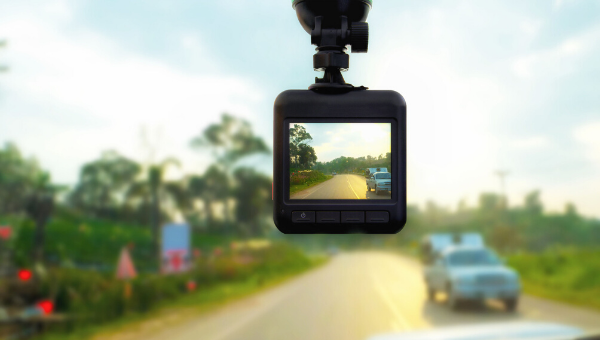
Pros and cons of the dash cam
Dash cameras certainly are a thing.
It’s estimated one in five Aussie motorists have one fitted to their vehicle. And who can blame them?
Footage often assists with insurance claims and fleet owners can keep tabs on staff driver behaviour. They can make pretty entertaining YouTube videos too.
But while recording driver behaviour on public roads is acceptable there is one dash cam issue that’s cause for concern: privacy.
When a vehicle’s in a workshop for servicing, body repair or anything else, and the engine’s engaged, a fitted dash cam will begin filming, capturing the private activities and conversations of individuals who may not have provided their consent.
Victoria’s Surveillance Devices Act 1999 prohibits the installation, use and maintenance of optical and audio surveillance devices generally. People must not knowingly communicate or publish “a record or report of a private conversation or private activity that has been made as a direct or indirect result of the use of a listening device, an optical surveillance device or a tracking device”.
What that basically means is that people cannot obtain and use images recorded in an auto workshop without prior consent. Doing so may put them in breach of the Act.
So, if the owner of a business engaged in automotive services provides a disclaimer/statement to the effect that they and their staff do not wish to be recorded and ask that the dash cam be disabled, they’re totally within their rights to do so.
It’s a reasonable request. So please turn the dash cam off.
Words: VACC CEO, Geoff Gwilym. As featured in the Herald Sun 10 April 2020.
Share your thoughts! E: ceo@vacc.com.au